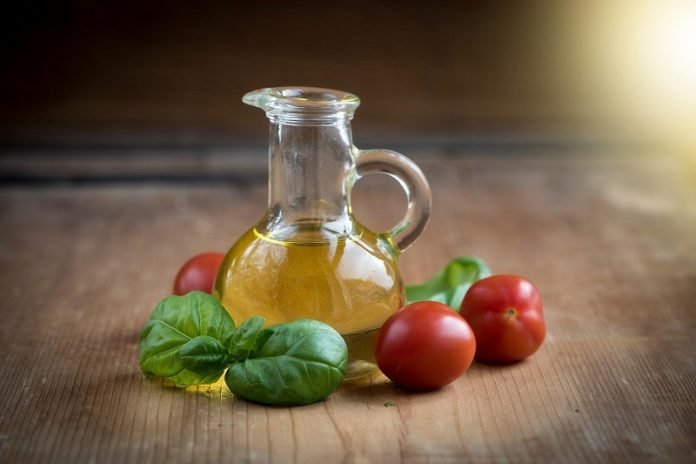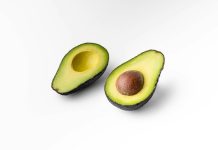
Research has found a way to boost the production of triacylglycerol, the main component of vegetable oil, in plant leaves.
Vegetable oils are traditionally extracted from fruits or seeds, and the extraction process often leads to the rest of the plant going to waste in the process.
The technique could allow producers to harvest oil from large, leafy plants that also have other uses.
Sorghum, for example—a global source of grain prized for its drought-resistant qualities—could serve a dual role as a source of vegetable oil, creating a more efficient and valuable crop.
Now, Jay Thelen, a professor of biochemistry at the University of Missouri, has found a way to boost the production of triacylglycerol—the main component of vegetable oil—in plant leaves, a technique that could allow producers to harvest oil from large, leafy plants that also have other uses.
Thelen and Yajin Ye, a postdoctoral fellow in Thelen’s lab, used the gene editing tool CRISPR to “knock out” a family of genes they found to be responsible for regulating fatty acid production in the leaves of Arabidopsis, a plant regularly used by researchers to study plant biochemistry.
The results appear in the journal Nature Communications.
“We know that plants synthesize fatty acids when provided light,” says Thelen, who has dual appointments in the College of Agriculture, Food and Natural Resources and the Bond Life Sciences Center.
“This study taught us that there are three proteins that restrain this process in leaves, and that we can turn off their cognate genes using CRISPR. That frees up the plant to produce higher amounts of triacylglycerol in the leaves rather than just the seed.”
Thelen says this method could lead to greater and cheaper production of vegetable oils, and the possibility of dual uses for leafy crops like sorghum and soybeans could place less of a burden on making a higher-oil seed.
That burden often has undesirable consequences—including a decrease in protein, which is the principal commodity in soybean seeds. His lab is now in the process of further testing the method on crops to confirm its viability.
Written by Austin Fitzgerald.



